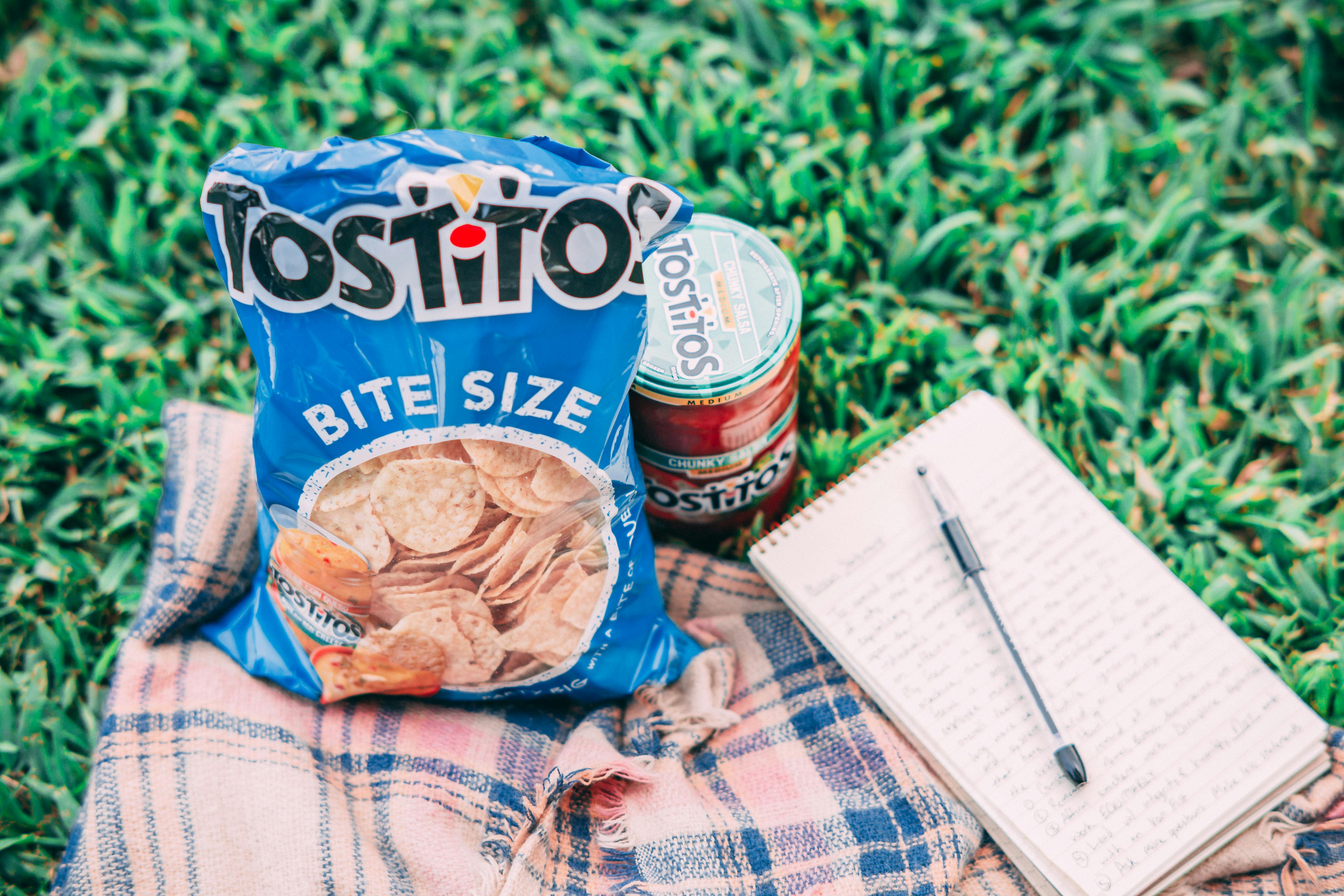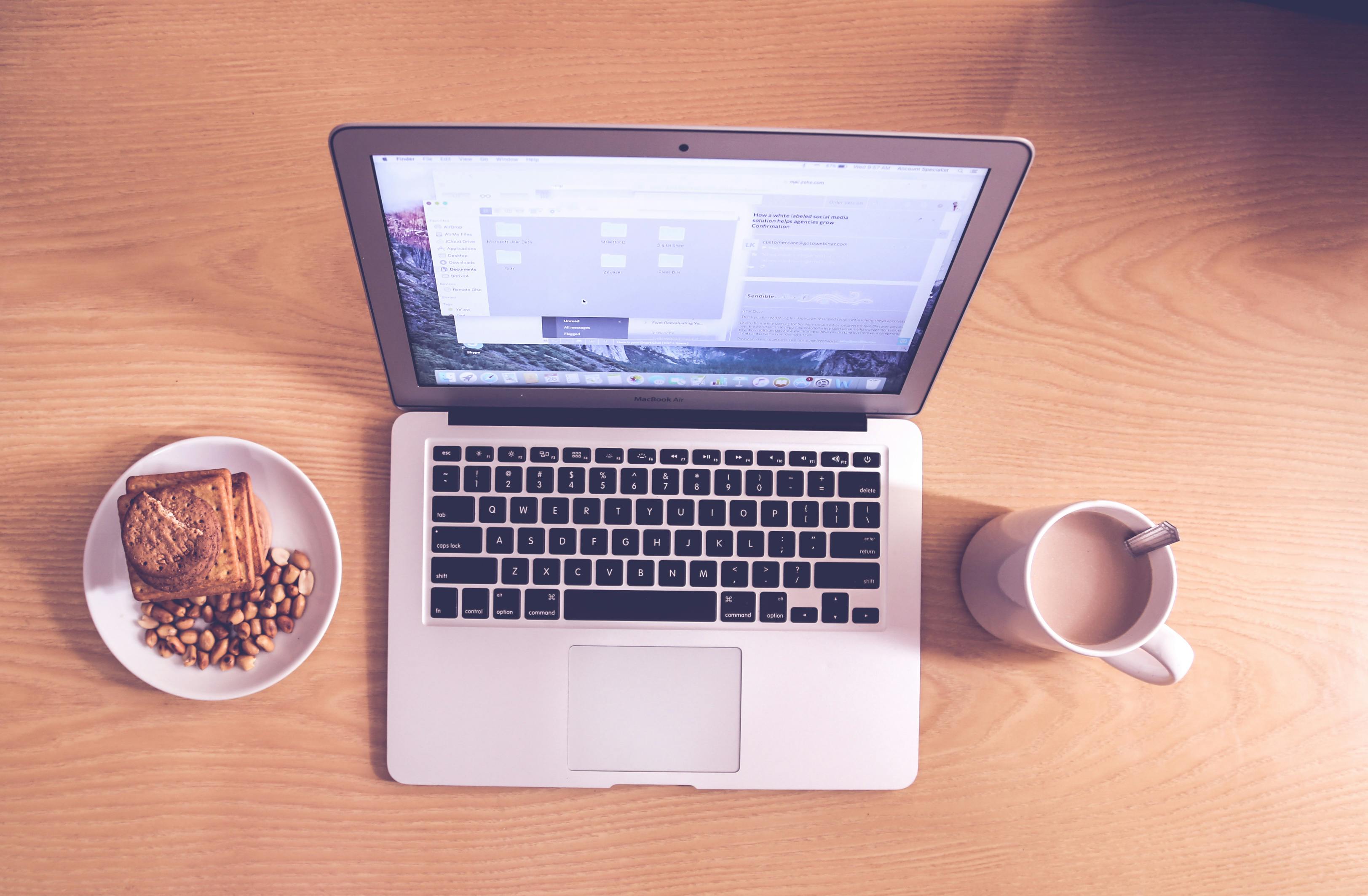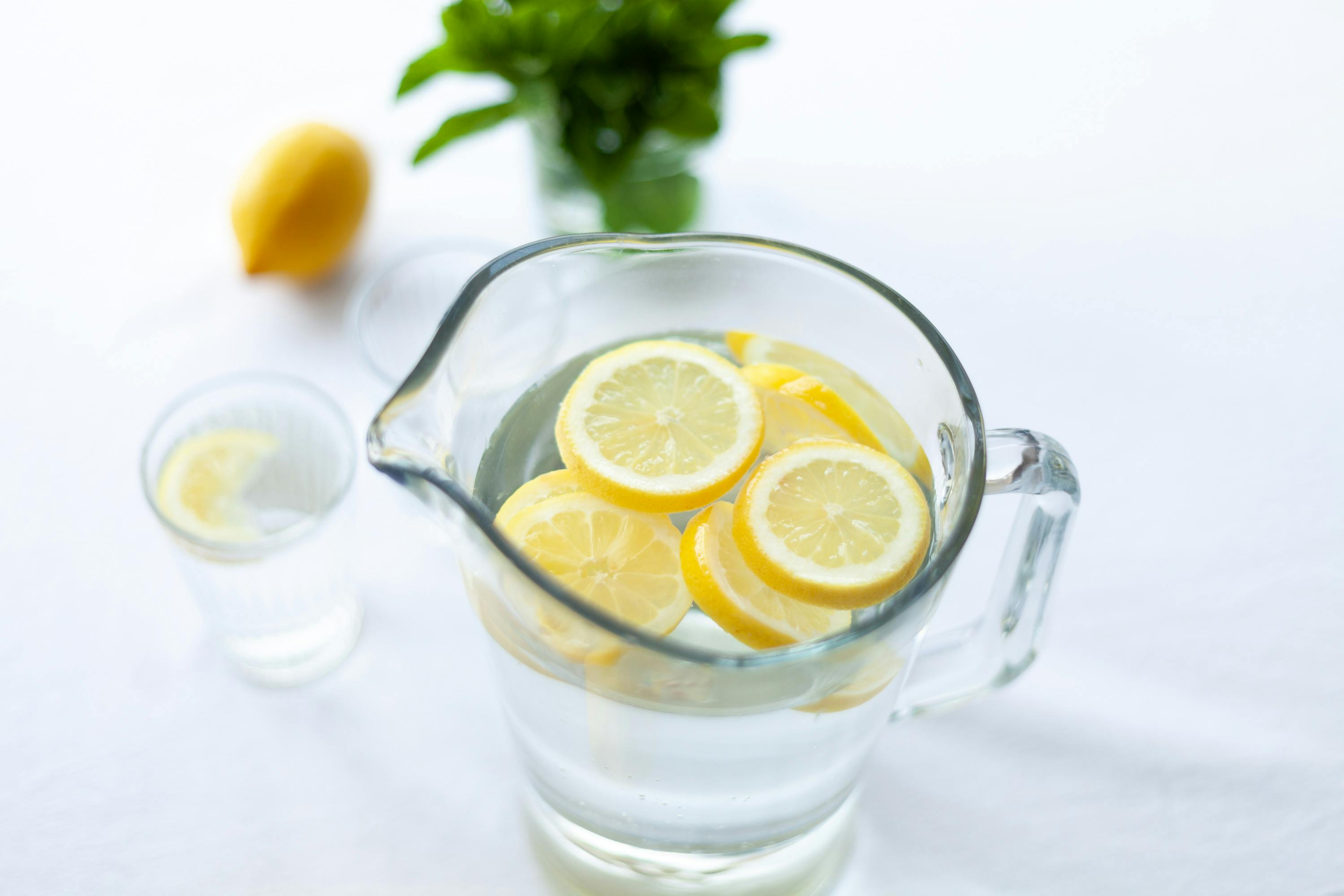10 Unexpected Lifestyle Habits That Are Silently Raising Your Blood Pressure
In today's fast-paced world, many of us unknowingly adopt lifestyle habits that, while seemingly harmless, can gradually elevate our blood pressure. High blood pressure, or hypertension, is a silent condition that often goes unnoticed until it manifests through severe health complications. Understanding these unexpected habits is crucial in maintaining optimal health and preventing long-term health issues. This article delves into ten surprising lifestyle practices that could be silently contributing to rising blood pressure levels. From dietary choices to seemingly benign daily routines, we will explore how these habits interconnect and impact your cardiovascular health, providing insights and practical tips to manage and mitigate the risks associated with each.
The Hidden Salt in Processed Foods

While most people associate high salt intake with table salt, the real culprit often lies in processed and packaged foods. These items, ranging from canned soups to frozen meals, are laden with sodium to enhance flavor and preserve shelf life. Excessive sodium intake leads to fluid retention, which increases blood volume and, consequently, blood pressure. Many individuals are unaware of their daily sodium consumption, inadvertently exceeding the recommended limits. By scrutinizing food labels and opting for fresh, whole foods, you can significantly reduce your sodium intake, helping to maintain healthy blood pressure levels and reduce the risk of hypertension-related complications.
The Stress of Constant Connectivity

In our digital age, the pressure to remain constantly connected can be overwhelming. The incessant notifications, emails, and social media updates keep our minds on high alert, leading to chronic stress. This stress response triggers the release of hormones like adrenaline and cortisol, which temporarily increase heart rate and blood pressure. Over time, this can contribute to sustained hypertension. Finding ways to disconnect, whether through digital detoxes or mindful practices like meditation, can help lower stress levels and, subsequently, blood pressure. Balancing connectivity with mindful breaks is essential for both mental well-being and cardiovascular health.
Sleep Deprivation: The Unseen Agitator

Sleep is a vital component of health, yet many underestimate its impact on blood pressure. Chronic sleep deprivation results in increased sympathetic nervous system activity and higher levels of stress hormones, both of which elevate blood pressure. Moreover, poor sleep quality can lead to conditions like sleep apnea, further exacerbating hypertension. Prioritizing sleep hygiene—such as maintaining a regular sleep schedule, creating a restful environment, and limiting caffeine intake—can help improve sleep quality. Addressing sleep issues not only benefits overall health but also plays a crucial role in maintaining normal blood pressure levels.
The Misleading Comfort of Alcohol

While moderate alcohol consumption is often deemed acceptable, even beneficial, excessive intake can have the opposite effect. Alcohol increases blood pressure by interfering with the blood flow and liver function, leading to increased blood volume and heart rate. Additionally, alcohol can disrupt sleep patterns and contribute to weight gain, both of which are risk factors for hypertension. Understanding the fine line between moderate and excessive drinking is vital. Limiting alcohol consumption to recommended levels—one drink per day for women and two for men—can help prevent its adverse effects on blood pressure.
Sedentary Lifestyles and Their Consequences

The modern lifestyle often involves prolonged periods of sitting, whether at a desk job or in front of a screen. This sedentary behavior contributes to weight gain, decreased cardiovascular fitness, and increased blood pressure. Physical inactivity can lead to the stiffening of blood vessels, making it harder for blood to flow smoothly, thus raising pressure levels. Incorporating regular physical activity, such as walking, cycling, or swimming, can significantly reduce blood pressure, improve heart health, and enhance overall well-being. Even small changes, like taking the stairs or standing during phone calls, can make a significant difference.
The Sugar Trap: More Than Just Calories

Sugar, particularly in the form of added sugars found in beverages and processed foods, is another hidden contributor to high blood pressure. High sugar intake can lead to weight gain, insulin resistance, and increased triglycerides—all factors that elevate blood pressure. Moreover, sugar can cause inflammation and damage to blood vessels, further increasing hypertension risk. Reducing sugar consumption by choosing natural sweeteners, avoiding sugary drinks, and reading food labels diligently can help manage blood pressure levels. Emphasizing a diet rich in whole, unprocessed foods supports cardiovascular health and reduces the risk of hypertension.
The Impact of Inadequate Hydration

Staying well-hydrated is crucial for maintaining healthy blood pressure. Dehydration causes blood vessels to constrict, which increases blood pressure. Additionally, when dehydrated, the body retains sodium, further exacerbating the problem. Many people fail to drink enough water throughout the day, especially when busy or stressed. Establishing a routine to ensure regular water intake, such as carrying a water bottle or setting reminders, can help maintain adequate hydration levels. Prioritizing water over sugary or caffeinated beverages also supports overall health and helps keep blood pressure in check.
The Role of Caffeine: More Than Just a Morning Boost

Caffeine is a stimulant found in coffee, tea, and energy drinks, and while it provides a temporary boost in alertness, it can also raise blood pressure. The effect of caffeine on blood pressure varies among individuals, with some experiencing significant increases. Regular consumption can lead to tolerance, but for those sensitive to caffeine, even moderate amounts can cause spikes in blood pressure. Monitoring caffeine intake and opting for decaffeinated alternatives can help manage its impact. Understanding your body's response to caffeine is key to maintaining stable blood pressure levels.
The Overlooked Effects of Smoking

Smoking is widely known for its detrimental effects on lung health, but it also has a profound impact on blood pressure. Nicotine, the addictive substance in cigarettes, causes blood vessels to constrict, leading to increased blood pressure and heart rate. The chemicals in tobacco also damage blood vessel linings, contributing to atherosclerosis and hypertension. Quitting smoking is one of the most effective ways to lower blood pressure and improve overall cardiovascular health. Support from healthcare providers, cessation programs, and lifestyle changes can aid in overcoming nicotine addiction.
The Consequences of Chronic Negativity

Your mental outlook can significantly affect your physical health. Chronic negativity, stress, and anxiety can lead to increased blood pressure by triggering the body's stress response. Over time, this can result in sustained hypertension and cardiovascular damage. Cultivating a positive mindset through practices like gratitude, mindfulness, and therapy can help mitigate these effects. Engaging in activities that promote joy and relaxation, such as hobbies or social interactions, also supports mental well-being and helps maintain healthy blood pressure levels. Addressing mental health is as important as physical health in managing hypertension.
A Holistic Approach to Blood Pressure Management

Managing blood pressure requires a comprehensive understanding of the various lifestyle factors that contribute to its rise. By recognizing and addressing these ten unexpected habits, individuals can take proactive steps towards better health. Each habit is interconnected, influencing not only blood pressure but also overall well-being. Implementing changes, whether through diet, exercise, stress management, or sleep improvement, can lead to significant health benefits. Prioritizing a balanced lifestyle, with attention to both physical and mental health, is key to preventing hypertension and promoting long-term cardiovascular health.
